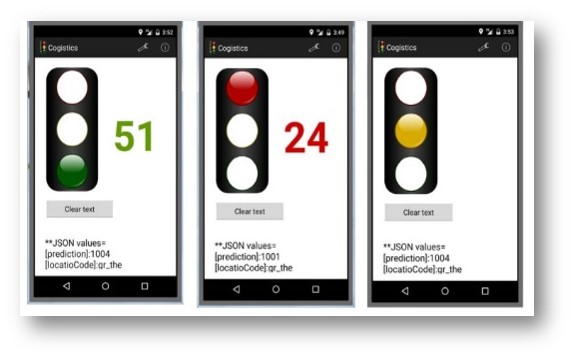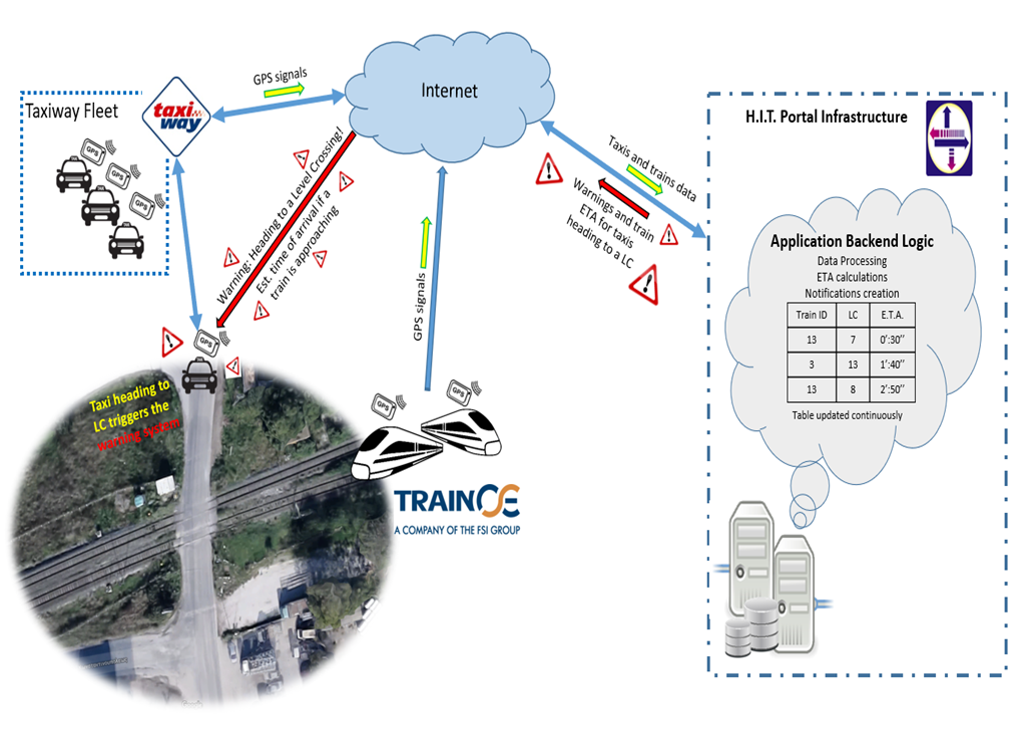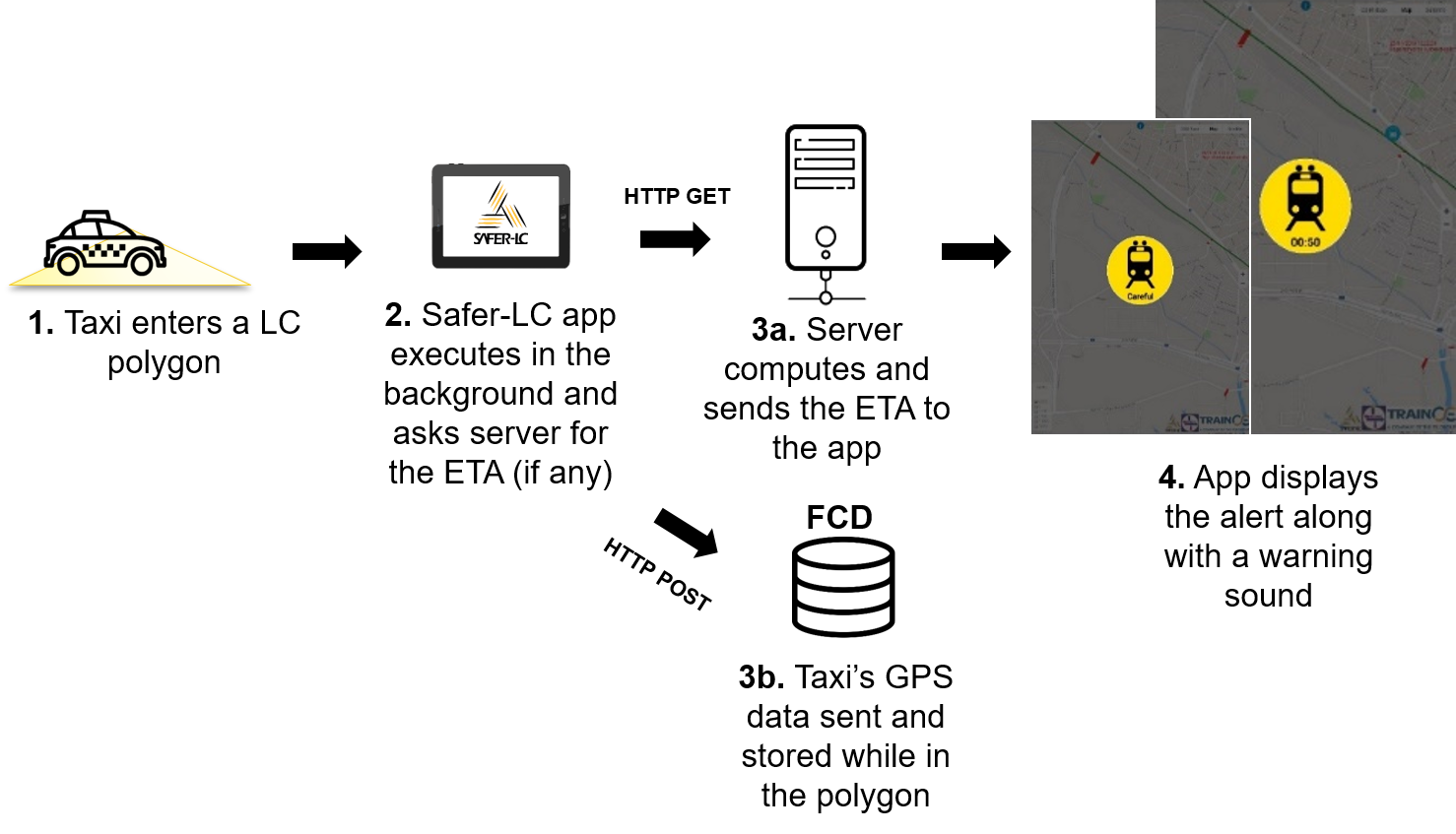C-MobILE is a project funded by the European Union's HORIZON 2020 program aiming at deploying Cooperative Intelligent Transport Systems (C-ITS) and services designed to deal with specific mobility challenges across Europe. The C-MobILE project’s vision is of a European road network which is safer, more efficient, more sustainable and economically viable, while minimizing environmental impacts.
C-MobILE will demonstrate C-ITS solutions in large-scale in urban and extra-urban environments by providing C-ITS services and service bundles to several end-users’ groups, including vulnerable road users (VRUs), across various transport modes. A total of eight C-ITS equipped cities and regions (Barcelona, Bilbao, Bordeaux, Copenhagen, Newcastle, North Brabant Region, Thessaloniki and Vigo) are involved in the project, all of which have been research pilot sites for large-scale deployment of sustainable services in the past. This common approach ensures that interoperability and seamless service availability are prioritised and at an acceptable cost for end-users.
The C-MobILE project uses state of the art communication, road-side architecture, and service delivery technologies to define an interoperable architecture. Within this architecture, a series of C-ITS applications will be demonstrated and tested in the eight deployment sites and for specific use cases. The results collected by the deployment sites will be reviewed, with technical aspects and user/ societal impacts in mind, allowing for the deployment process and the best practice for establishing sustainable services to be defined. This way C-ITS deployment is achieved at the C-Mobile deployment sites, and deployment guidelines are developed so other cities and regions can successfully deploy C-ITS services.
Objectives: The purpose of the C-MobILE project is to improve road transport, by making it safer, more efficient and more sustainable, to demonstrate fully integrated C-ITS technologies in real-world conditions as well as the added-value and economic viability of C-ITS services for users, and to assess and evaluate impacts on user acceptance, safety and security. For this scope, C-MobILE is engaging with public and private stakeholders, including end-users, to enhance C-ITS services and to establish functioning partnerships beyond the project, assisting in sustainable C-ITS deployment.
HIT key role and responsibilities: HIT as project partner has undertaken the following actions:
- Innovation management, in order to efficiently monitor market needs and technical evolutions throughout the project’s lifetime.
- Performance of the ex-ante Cost-Benefit Analysis.
- Contribution in the formation of initial business models for implementation.
- Harmonization of Thessaloniki systems architecture.
- User-centric design of C-ITS bundled applications.
- Establishment of the C-ITS framework through collaboration and engagement with multiple stakeholders and end-users.
- Coordination of local deployment site consultations and training activities for public authorities.
- Leader and responsible for execution and monitoring of the large-scale demonstration.
- Contribution in the definition of a common methodology for validation and impact assessment.
- Execution of the ex-post Cost-Benefit Analysis.
- Support liaison activities.
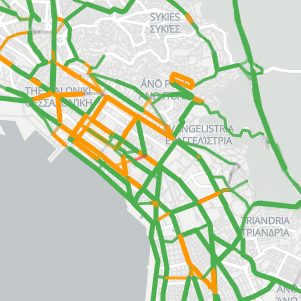
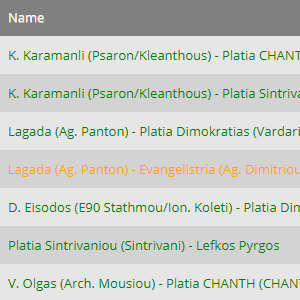
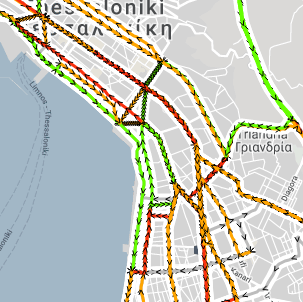
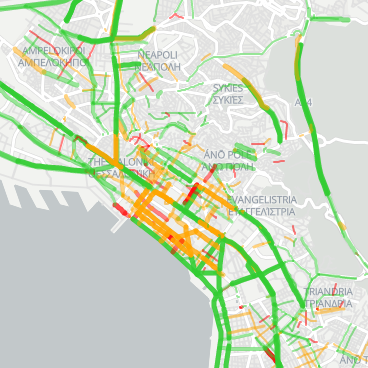
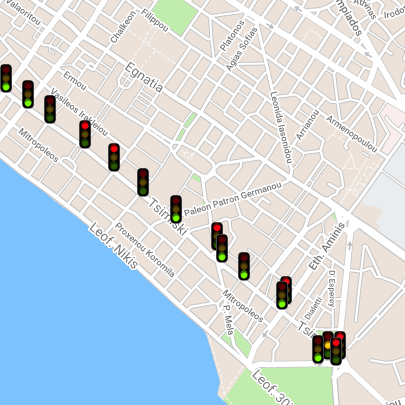
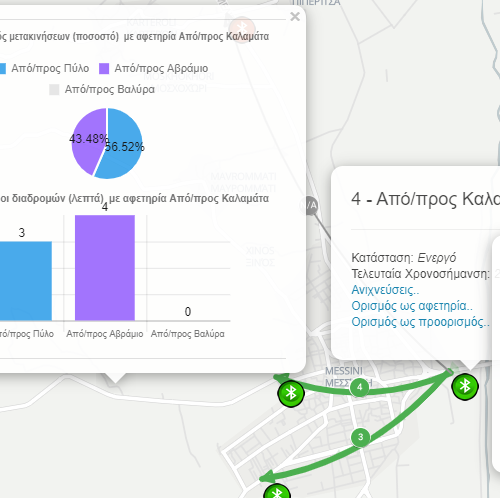
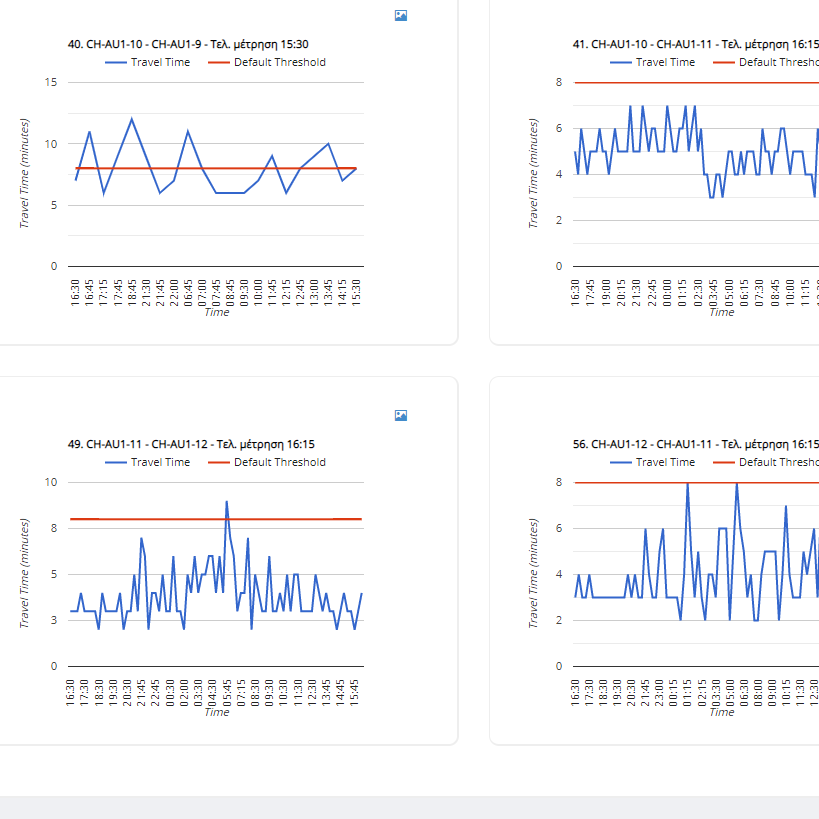
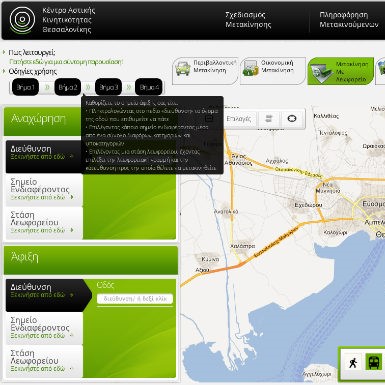
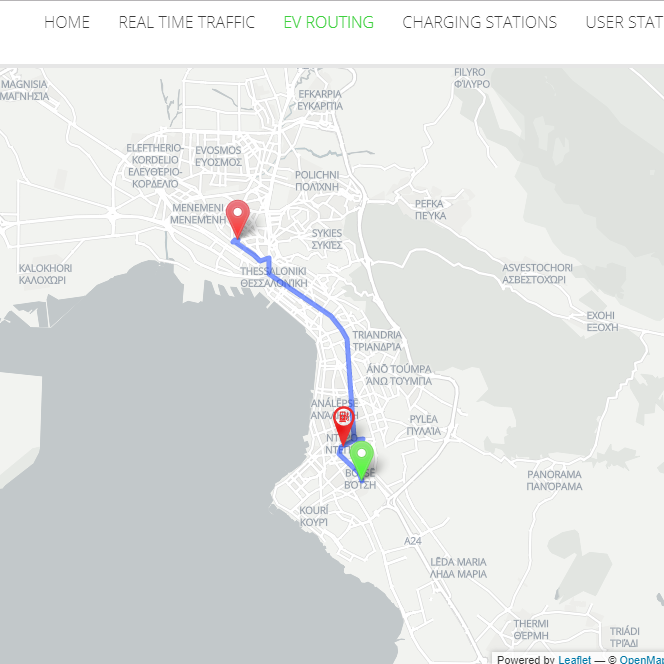
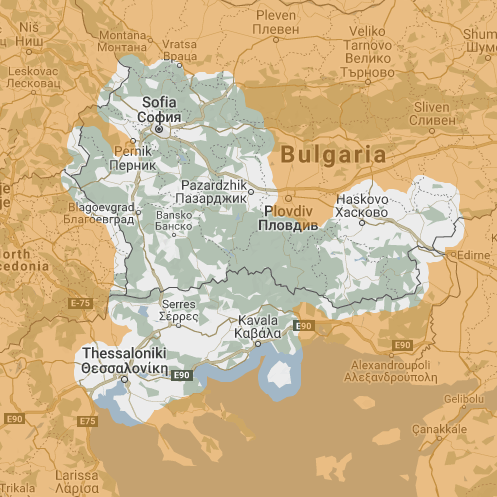
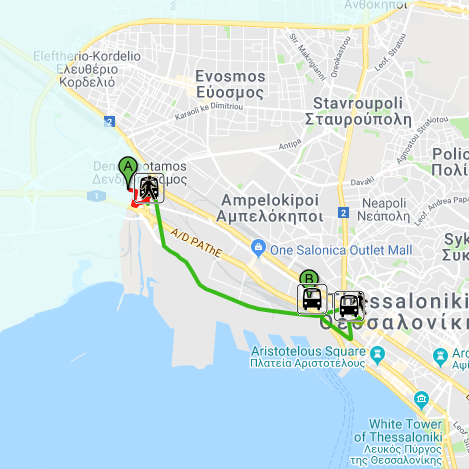
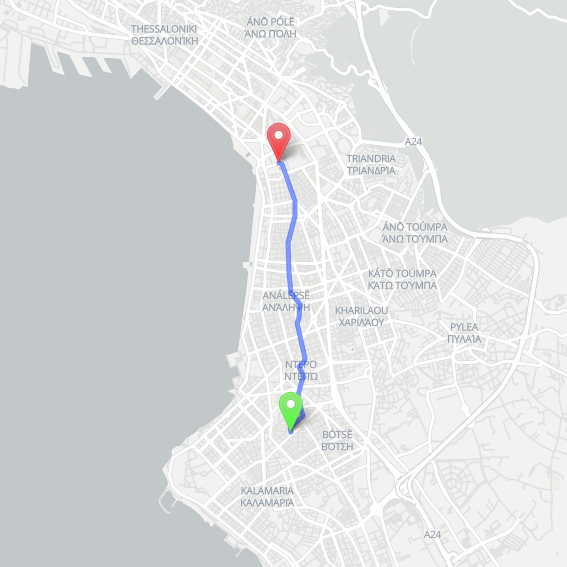


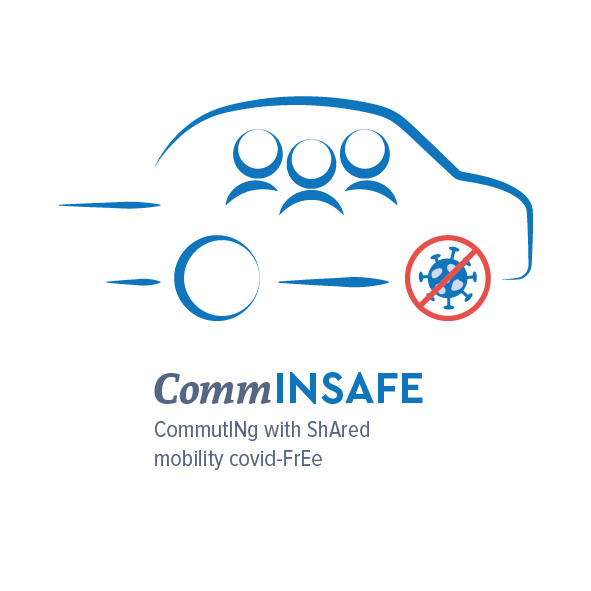

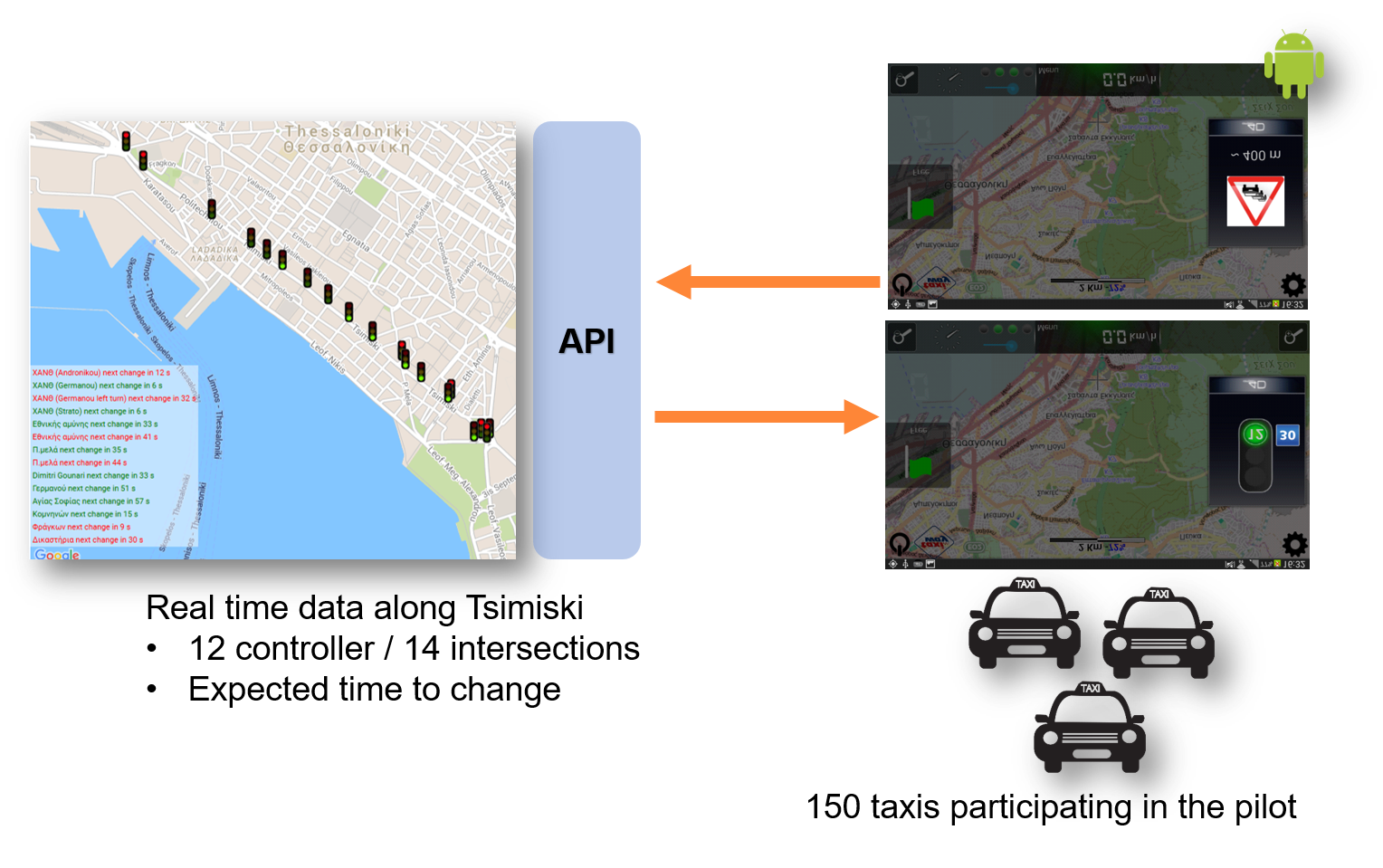 Architecture of the Thessaloniki Pilot System
Architecture of the Thessaloniki Pilot System

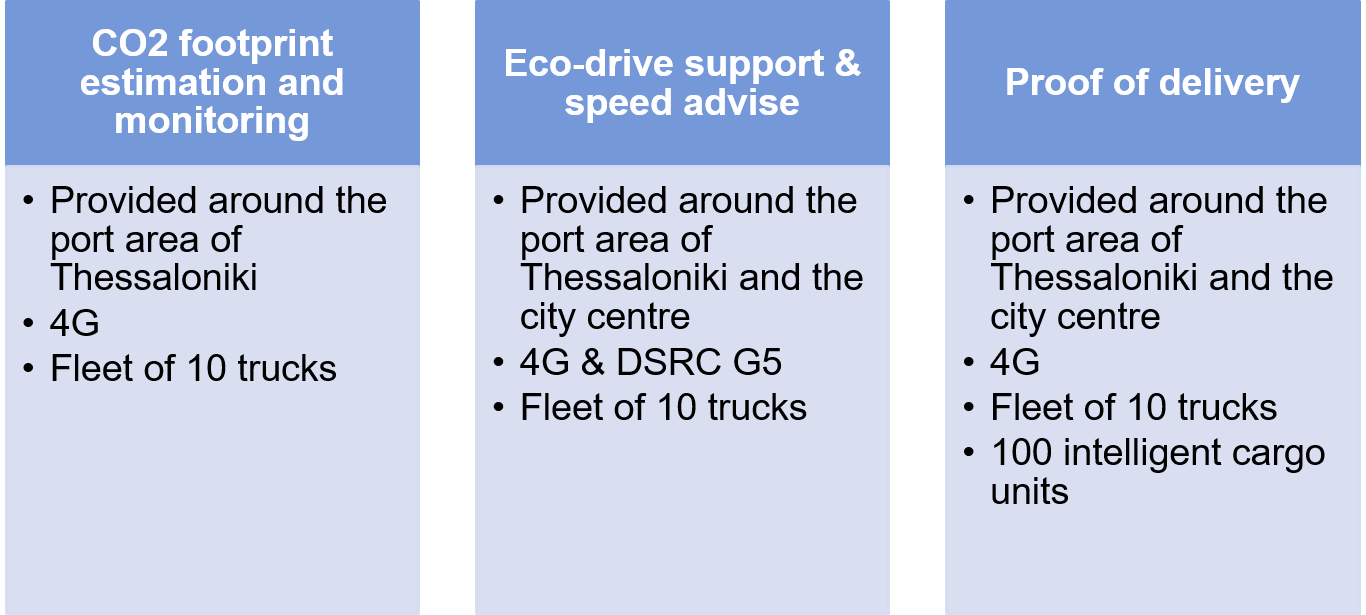 Main Objectives of the Pilot
Main Objectives of the Pilot
